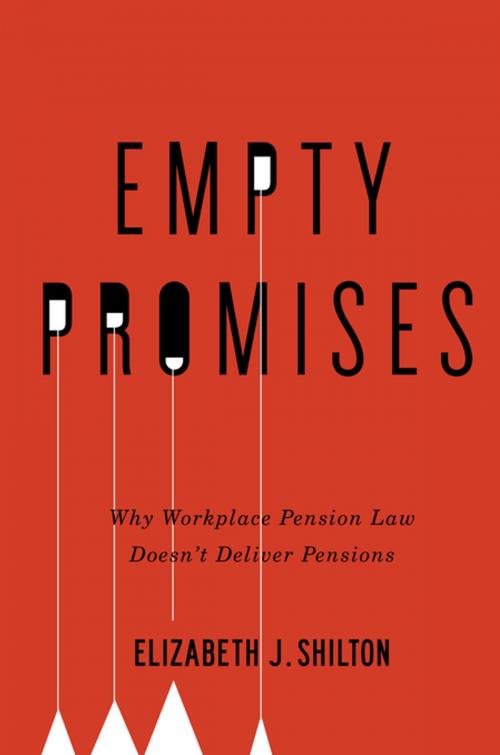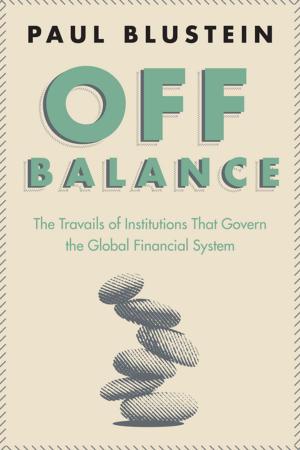Empty Promises
Why Workplace Pension Law Doesn’t Deliver Pensions
Nonfiction, Reference & Language, Law| Author: | Elizabeth J. Shilton | ISBN: | 9780773599604 |
| Publisher: | MQUP | Publication: | September 1, 2016 |
| Imprint: | MQUP | Language: | English |
| Author: | Elizabeth J. Shilton |
| ISBN: | 9780773599604 |
| Publisher: | MQUP |
| Publication: | September 1, 2016 |
| Imprint: | MQUP |
| Language: | English |
Workplace pensions are a vital part of Canada’s retirement income system, but these plans have reached a state of crisis as a result of their low coverage and inadequate, insecure, and unequally distributed benefits. Reviewing pension plans through a legal and historical lens, Empty Promises reveals the paradoxical effects and inevitable failure of a pension system built on the interests of employers rather than employees. Elizabeth Shilton examines the evolution of pension law in Canada from the 1870s to the early twenty-first century, highlighting the foreseeably futile struggle of legislators to create and sustain employees’ pension rights without undermining employers’ incentives. The current system gives employers considerable discretion and control in pension design and administration. Shilton appeals for a model that is not hostage to business interests. She recommends replacing today’s employer-controlled systems with pensions shaped by the public interest, expanding mandatory broad-based or state-pension systems such as the Canada Pension Plan to generate pensions that respond to the changing workplace and address the needs and interests of retirees. Engaging with the long-running debate on whether Canadians should look to government or to the private sector for retirement income security, Empty Promises is a crucial work concerned with the future of the Canadian retirement system.
Workplace pensions are a vital part of Canada’s retirement income system, but these plans have reached a state of crisis as a result of their low coverage and inadequate, insecure, and unequally distributed benefits. Reviewing pension plans through a legal and historical lens, Empty Promises reveals the paradoxical effects and inevitable failure of a pension system built on the interests of employers rather than employees. Elizabeth Shilton examines the evolution of pension law in Canada from the 1870s to the early twenty-first century, highlighting the foreseeably futile struggle of legislators to create and sustain employees’ pension rights without undermining employers’ incentives. The current system gives employers considerable discretion and control in pension design and administration. Shilton appeals for a model that is not hostage to business interests. She recommends replacing today’s employer-controlled systems with pensions shaped by the public interest, expanding mandatory broad-based or state-pension systems such as the Canada Pension Plan to generate pensions that respond to the changing workplace and address the needs and interests of retirees. Engaging with the long-running debate on whether Canadians should look to government or to the private sector for retirement income security, Empty Promises is a crucial work concerned with the future of the Canadian retirement system.















